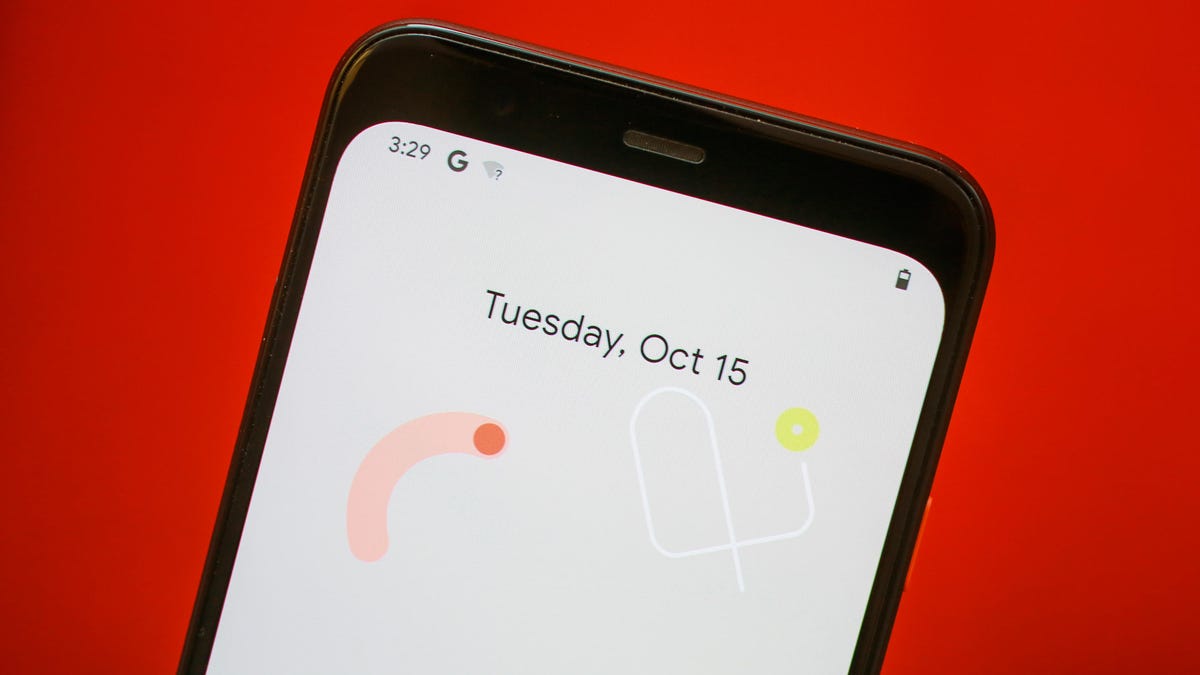Google says it's updating Android faster, trying to fix a longtime problem
The search giant says it rolled out its COVID-19 contact tracing tools to 2 billion devices over the span of a month.

Google said it's updating Android devices faster than it did before.
Google has been dogged for years with a major problem when it comes to Android, its mobile operating system: Updates to the software can be hard to implement, leading to inconsistencies and outdated features for users. The search giant on Thursday, though, said it's getting better at updating Android because of under-the-hood tweaks and policy changes it's made with the software.
Google said that last year's version of the software, Android 10, was running on 100 million devices five months after it launched, an adoption rate almost 30% faster than the version released a year before. The search giant also said it rolled out its COVID-19 contact tracing tools, part of a joint project with Apple, to 2 billion devices over the span of a month.
Android is the most dominant mobile operating system in the world, powering almost nine out of 10 smartphones shipped globally. But Google's biggest challenge with new versions of Android is actually getting them on people's phones -- a problem the industry calls "fragmentation" -- since wireless carriers and handset makers can slow down the process.
The problem highlights one of Google's biggest obstacles when it comes to competing with Apple. In contrast to Android, 92% of Apple's iPhones are on iOS 13, the previous version of its operating system. The company announced iOS 14 late last month.
One reason for the faster uptake of Android updates is Project Treble, an initiative announced three years ago that tries to clear away some of the roadblocks between consumers and new versions of Android.
Though Google develops Android, it's up to device makers and wireless carriers to sign off on it before it gets to consumers. That's because they usually add their own apps and flourishes, then have to test everything before putting it on phones and other gadgets. But even before the software gets to handset makers such as Samsung and LG, or carriers such as Verizon and AT&T, it makes a pit stop with chipmakers like Qualcomm.
With Project Treble, Google separated out the particular code that chipmakers care about to make it easier for them to find everything in one place. The goal is to cut the amount of time it takes for updates to flow down the pipeline from chipmakers to device makers.
Google also said Thursday it's relied on a set of tools called Google Play Services to push faster updates. The tools let Android sidestep some fragmentation issues by pushing updates directly, without the approval of device and wireless partners. The company normally uses Google Play Services to update its own apps, like Gmail and Maps, and to push changes like a new app icon.
Google used Play Services in May to roll out the company's tools for contact tracing. The software update was part of a joint project with Apple to use iPhones and Android phones to track the spread of COVID-19. Google said Thursday it pushed out the software to 2 billion devices in four weeks.

